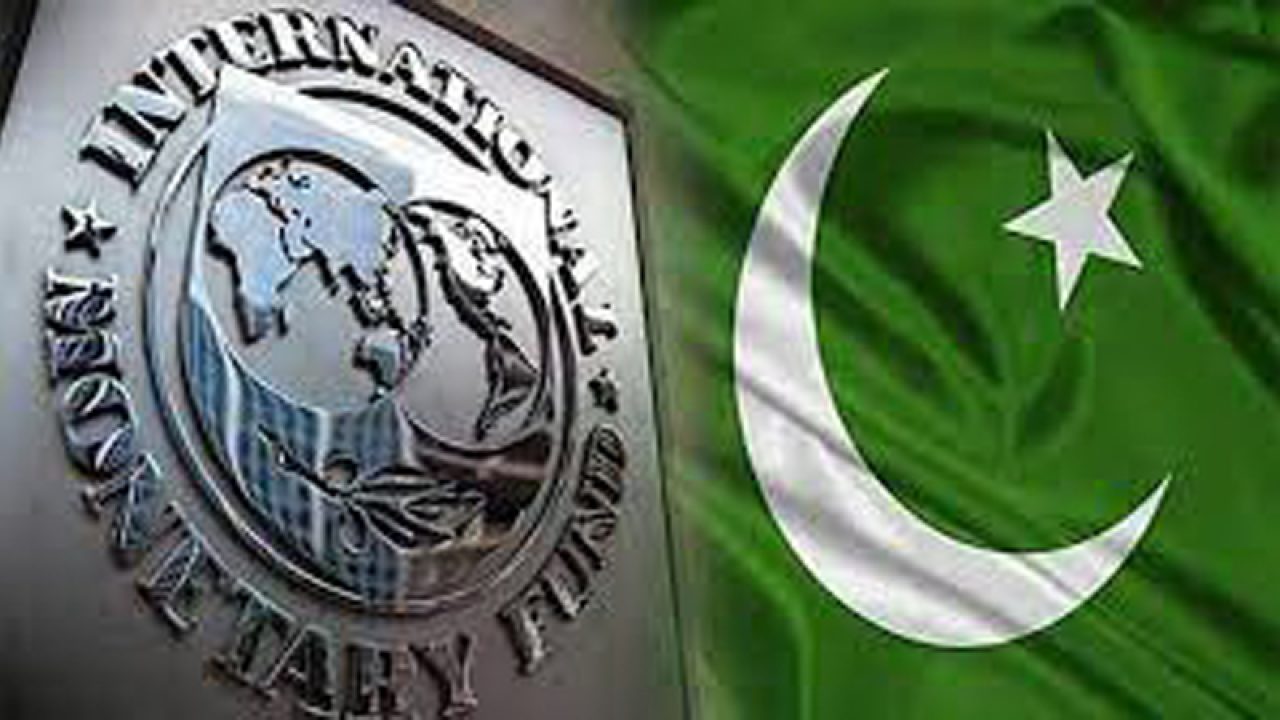ISLAMABAD: As Pakistan prepares to present its federal budget on June 7, the government is under pressure to meet a series of stringent conditions set by the International Monetary Fund (IMF) within the next 40 days to secure a new bailout program. Despite extensive discussions between Pakistani officials and an IMF delegation, no formal staff level agreement (SLA) has been announced as the mission is set to depart on Friday.
According to sources, the IMF, led by Nathan Porter, has concluded a fortnight-long dialogue with Pakistani authorities, covering critical economic sectors including power and gas reforms, state-owned enterprises, pensions, revenue expansion, and monetary policy adjustments. The two parties have reached a broad consensus on necessary actions and their timelines, contingent on parliamentary approval through the Finance Bill 2024-25.
An official noted, “The IMF seeks parliamentary endorsement for the reforms, reflecting the current unpredictable political climate.” While a formal SLA remains pending, the IMF mission’s departure without one underscores the need for Pakistan to implement several key measures through legislative action.
To comply with IMF requirements, Pakistan must enact several tax-related measures through the upcoming finance bill. These include reducing income tax slabs for salaried individuals, treating agricultural income as regular income, and increasing transaction costs for non-filers. Additionally, the government plans to remove the Rs60 per litre cap on the petroleum development levy and introduce a carbon tax, enhancing revenue and price adjustment buffers.
Gas prices are set to rise for domestic, fertilizer, CNG, and cement sectors, while special commercial users like tandoors will see no change, and the power sector may experience slight reductions. The IMF and Pakistani authorities have also agreed on reforms to address the gas sector’s circular debt, including progress on the weighted average cost of gas (WACOG) and contingency measures for potential shortfalls.
The power division has proposed three different plans to the IMF, with World Bank assistance, aimed at ensuring full cost recovery through tariffs while addressing the debt repayment schedules of CPEC-related projects. The government has committed to various measures to stimulate demand and manage capacity payments, agreeing to a set of progressive backup plans tailored to evolving circumstances.
A list of 24 state-owned enterprises (SOEs) has been shared with the IMF, categorized into strategic, essential, and those for privatization. The government has agreed to retain only those functions that the private sector cannot perform. Although major privatization efforts are unlikely in the next fiscal year, potential transactions include Pakistan International Airlines. Discussions will continue regarding the future of entities like Pakistan Television and Radio Pakistan, with a focus on transparency and compliance with corporate rules.
Pakistan faces a tight schedule to meet the IMF’s demands, with the budget presentation imminent and parliamentary approval needed for various reforms. If the required measures are successfully implemented and approved, the IMF is expected to announce the SLA by late June or early July, possibly through online consultations. This process is crucial for stabilizing Pakistan’s economy and securing the much-needed IMF bailout program.
